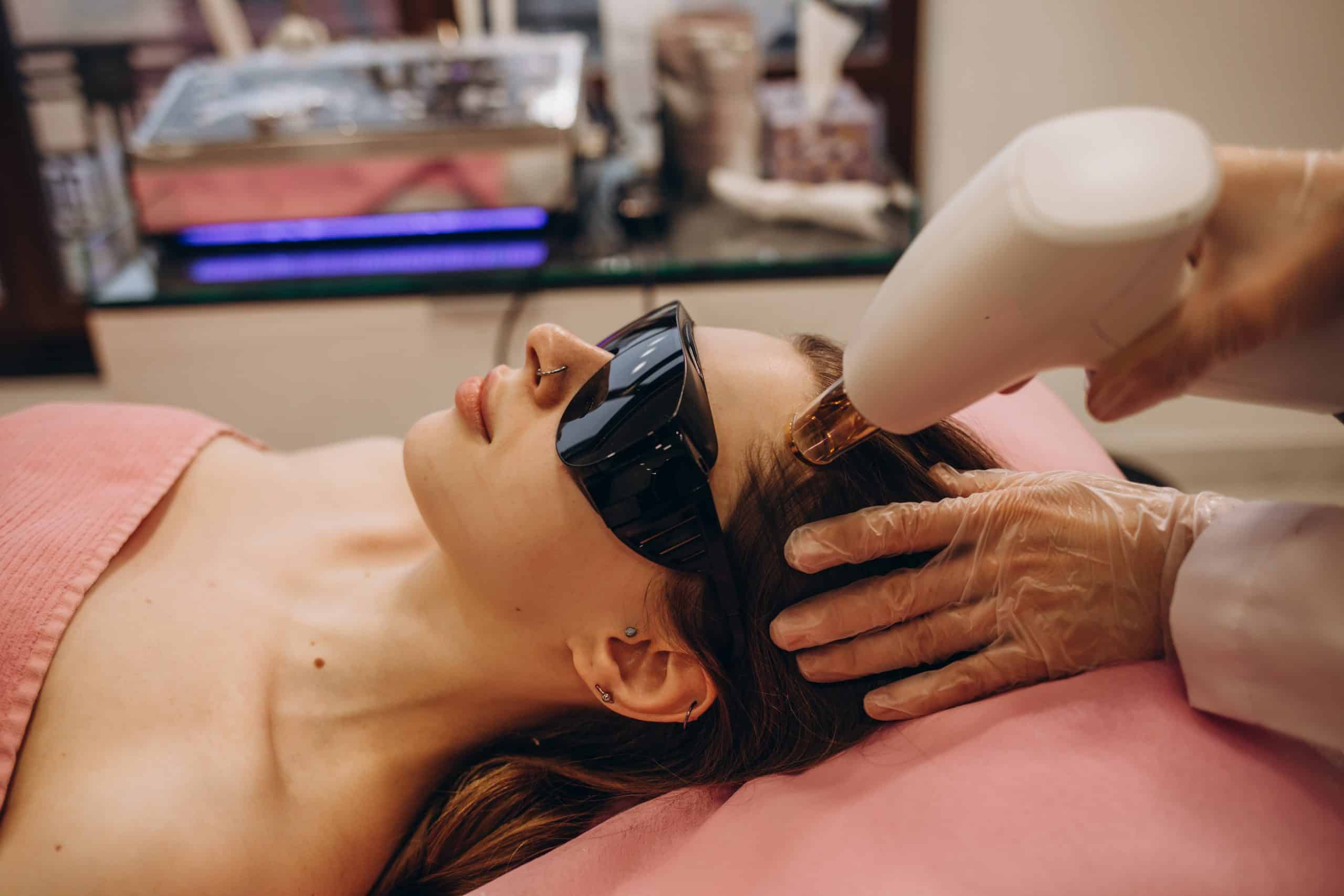Do Cold Showers Enhance Circulation?

Are you familiar with the bracing thrill of a cold shower? Cold showers often come with the reputation of being a challenging yet invigorating experience. They have been linked to numerous health benefits, including mood enhancement, increased alertness, and improved skin and hair health. Today, we delve into an often-asked question regarding the potential benefits of cold showers: Do cold showers enhance circulation?
Understanding Blood Circulation
Before we delve into the relationship between cold showers and blood circulation, it’s crucial to first understand what exactly we mean by ‘circulation’. Simply put, circulation refers to the process by which blood moves throughout your body. This intricate system, facilitated by your heart, carries oxygen, nutrients, and hormones to your cells and whisks away waste products.
Topic to read : Lip fillers in london: achieve natural, enhanced lips
Blood circulation plays a vital role in every bodily function, from digesting food to moving your muscles. Therefore, having a healthy circulatory system is imperative for overall health and well-being. Now that we’ve set the stage, let’s explore how cold showers might contribute to improved circulation.
The Science of Cold Showers and Blood Circulation
Let’s dive straight into the crux of the matter: the science behind cold showers and their potential impact on blood circulation. Exposure to cold water causes your blood vessels to constrict. This vasoconstriction helps to redirect blood to your vital organs, keeping them warm and functioning optimally.
Additional reading : Can Herbal Teas Improve Digestion?
This might sound like a negative reaction, but it’s this same response that can help enhance circulation. When you step out of the cold shower, your blood vessels expand again in a process called vasodilation. This sudden change can stimulate blood flow, effectively giving your circulatory system a kind of ‘workout’.
Cold Showers Vs. Hot Showers: A Comparison
Hot showers are famously relaxing and comforting, ideal for winding down after a long day. They can soothe aching muscles, mitigate stress, and even help you sleep. However, when it comes to enhancing circulation, they might not pack the same punch as their colder counterparts.
Unlike cold showers, hot showers can cause the blood vessels in your skin to expand, leading to a drop in blood pressure. While this can be good for relaxation, it doesn’t necessarily ‘exercise’ your circulatory system in the same way cold showers can.
That’s not to say hot showers don’t have a role to play in circulatory health. Alternating between hot and cold showers (a practice known as contrast hydrotherapy) can contribute to enhanced circulation. This has to do with the rapid change in temperature, which can help stimulate blood flow.
Practical Tips for Taking Cold Showers
Now that you understand how cold showers can potentially enhance blood circulation, you might be inclined to give them a try. But if the thought of stepping into a cold shower gives you chills, here are some practical tips to make the transition easier.
Firstly, don’t dive straight into the deep end with a freezing cold shower. Instead, gradually lower the temperature over time. This will allow your body to adjust to the new routine. You could start by adding a few minutes of cold water at the end of your regular warm shower.
Secondly, focus on your breathing. Deep, controlled breaths can help you manage the initial shock of the cold water. Lastly, if you have any health conditions, notably heart disease, high blood pressure, or asthma, it’s advisable to consult a healthcare professional before introducing cold showers into your routine.
How to Maximize the Benefits of Cold Showers
Once you’ve gotten used to the practice of taking cold showers, there are ways to maximize their potential benefits. For instance, you can try contrast hydrotherapy, as mentioned earlier. This involves alternating between hot and cold water, stimulating your circulatory system with the rapid change in temperature.
Additionally, ensure you’re hydrating properly and maintaining a balanced diet, as both are critical to circulatory health. Regular exercise can also complement the benefits of cold showers by strengthening your heart and blood vessels, further enhancing blood flow.
Lastly, always listen to your body. If you feel lightheaded or dizzy during a cold shower, it’s crucial to stop immediately and seek medical attention if needed.
The Impact of Cold Showers on Other Health Aspects
Now that we’ve thoroughly explored the link between cold showers and blood circulation, let’s delve into some other health aspects that could benefit from this practice. Aside from potentially enhancing circulation, cold showers have been associated with various other health benefits.
One significant advantage is the potential mood enhancement. Cold showers might stimulate the production of endorphins, hormones that can create feelings of happiness and reduce feelings of pain. Thus, incorporating cold showers into your routine might contribute to better mood and mental health.
Cold showers could also contribute to improved skin and hair health. Hot water has a tendency to dry out our skin and hair, while cold water can help tighten the pores on your skin and scalp, preventing them from getting clogged. This can result in healthier, more radiant skin and stronger, shinier hair.
Furthermore, cold showers might increase your metabolic rate, which could assist in weight loss. The reason for this is that your body may respond to the cold by speeding up calorie burning to maintain your body temperature.
However, it’s important to note that while these benefits are promising, they are generally based on anecdotal evidence, and more scientific research is needed.
Conclusion: Should You Incorporate Cold Showers into Your Routine?
Having reviewed the potential benefits, the question remains: should you incorporate cold showers into your daily routine? The answer largely depends on your personal comfort, health status, and tolerance.
Cold showers can potentially enhance blood circulation, among other health benefits. However, if you have a health condition such as heart disease, high blood pressure, or asthma, it’s critical to consult a healthcare professional before making any significant changes to your routine.
If you’re healthy and curious about trying cold showers, remember to start gradually and always pay attention to how your body reacts. Cold showers can be a shock to the system initially, but many people find that they eventually come to enjoy the invigorating sensation.
Remember, the key is balance. Just as cold showers have their benefits, so do warm ones. Contrast hydrotherapy, which involves alternating between hot and cold water, might be a beneficial practice to incorporate into your routine. This method provides the comfort and relaxation of a warm shower, as well as the potential circulatory benefits of a cold one.
As always, it’s vital to maintain a balanced diet and regular exercise schedule to fully support your circulatory system and overall health. Cold showers can be a beneficial addition to a healthy lifestyle, but they are not a cure-all. Engage in practices that contribute to your well-being, and you’ll be well on your way to better health.
